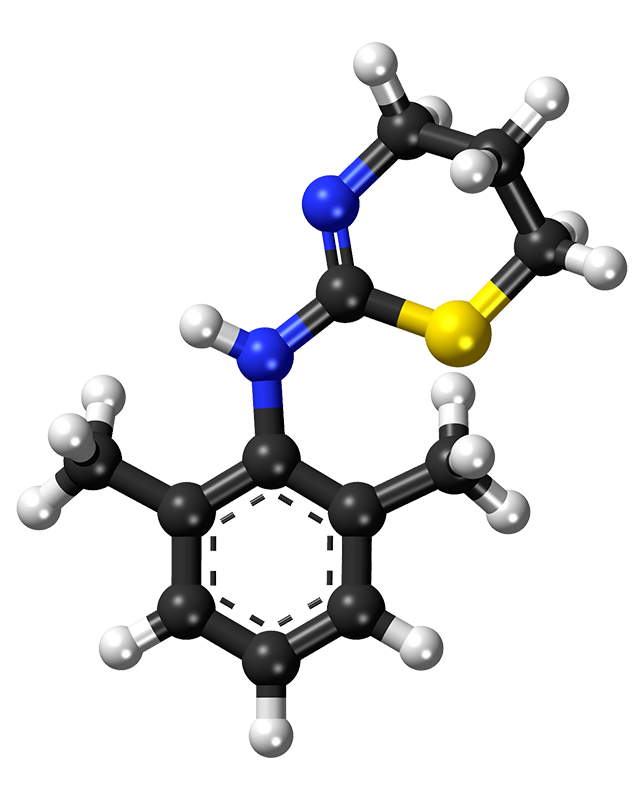
What are drug policies to help people who use xylazine to be safer?
We need public education and to pass policies at the local, state, and federal level that prioritize health approaches.
There are many ways we can help people who use xylazine to be safer. This includes public education and policies we can pass at the local, state, and federal level.
- Invest in addiction services. A full range of addiction services—including counseling, medications, long-term treatment, and recovery housing—should be available to individuals. Personalized support reduces overdose risk and improves recovery chances.
- Authorize overdose prevention centers (OPC) on the state and local level. These centers provide connections to care and can respond to an active overdose at its earliest sign, preventing overdose deaths, saving lives, and promoting recovery in the process.
- Provide fact-based public education. Realistic information provided in a nonjudgmental manner helps people make choices that reduce their risk of overdose and other negative consequences.
- Improve drug checking and data collection. This will help us better understand the current drug supply, create warnings, and offer better solutions.
- Fund research on xylazine. Research is needed to better understand xylazine’s effects and how to manage xylazine-related wounds, intoxication, and withdrawal.
- Expand research and services for polysubstance use. Many people with substance use disorders use multiple drugs. Research and addiction services must account for polysubstance use to improve services and outcomes.
- Prioritize a health approach to drugs, end criminal penalties. Shift drug policy from criminal penalties to public health, focusing on treatment, housing, jobs, healthcare, overdose prevention, and crisis response teams to provide effective support and resources.
Drug Policy Alliance (DPA) recommends a comprehensive, health-based response to the overdose crisis to keep people safe and healthy. There is growing public acceptance of the fact that drug use is a health issue, not a criminal one.
Unfortunately, some elected officials and members of law enforcement continue to call for draconian criminal policies to drive up support for policies that hurt people instead of helping them.

